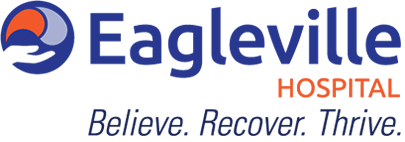Almost from her first memory, Veronica Slack’s life was in total upheaval. Abused by her mother, abused and molested by an older brother, she started drinking at five. “My mother made me her drinking buddy. She gave me alcohol and took me to bars with her while my brothers and sisters were at school,†she says. “I remember I liked the pretty shapes of the bottles and the vibrant colors of the drinks with the little red straws.â€
It should come as no surprise that the same is true of music we make ourselves with our instruments, our hands, our voices. Performing music in treatment is less common than using pre-recorded music, but it’s believed to offer similar benefits for individuals facing mental health and substance use disorders. For instance, playing an instrument or singing can decrease stress and anxiety and improve self-image, self-esteem, and self-expression.
